New Era Value Investing: A Disciplined Approach to Buying Value and Growth Stocks
$20.52
| Author(s) | |
|---|---|
| Format |
|
| Pages |
241 |
| Published Date |
2003 |
New Era Value Investing introduces the proven method known as Relative Value Discipline by combining the excitement of developing a new investment discipline with the lessons learned through the application of this new methodology in the real world. In addition to providing an insider’s look at an investment manager’s experience in adopting a new investment approach, this book creates a context for understanding the transformation of the U.S. economy, and offers expert insights beyond those of traditional value theory.
Author’s Introduction:
Most books on equities investing are written during the advanced stages of bull markets when the public’s interest in the subject is peaking. New Era Value Investing was written almost two and a half years into a wrenching bear market by a portfolio manager whose investment performance has not been particularly good in this exceptionally challenging market environment. This begs two questions: Why now? Why me?
The answer to the first query is easy. As a died-in-the-wool value investor, I believe in buying cheap and selling dear. Relatively few stocks are truly cheap during the latter stages of a bull market, whereas there are plenty of great fundamental bargains toward the end of a bear market. Bear markets are a perfect time for investors to pick off great companies at low valuations. What better time to introduce a value-driven in-vestment discipline to investors?
The answer to the second query is a little trickier. I’ve spent my entire seventeen-year career as a value manager for large companies, municipalities, mutual funds, and individual investors. My quest for value has resulted in a focus on discipline both from a valuation and fundamental research standpoint. The Relative Price-to-Sales Ratio (RPSR) strategy detailed in this book has not been especially effective over the last eighteen months. Is this a cause for concern? We think not. The most important thing when employing a discipline is consistent implementation. RPSR has identified cheap high-quality companies, and the market will eventually follow.
The discipline works because the market cycles; if investors remain constant it will come back our way. Relative Dividend Yield (RDY), our original valuation discipline, has produced results over the long term but has struggled during periods when growth investing ruled. But, by their very long-term nature, both strategies will identify stocks that will not outper-form each and every year. However, they will outperform over the long term, which should be the time horizon of most investors. The disciplines this book will discuss have produced excellent long-term track records, which I believe will help readers target the stocks that will produce the most generous returns in the years ahead.
There has been a long-running debate on whether growth-at-a-reasonable-price methodologies such as mine qualify as value investing. This debate has intensified over the last year, as traditional value portfolios have outperformed and value-oriented growth stock investing has underperformed. Indeed, “absolute value” investors, with low price/earnings ratio portfolios concentrated in the most defensive market sectors, have had considerably more success than anyone else as the stock market has plummeted over the last few years, which is how it should be.
I believe in traditional value stocks and hold some in my portfolios, but with the flexibility of the discipline this book will be introducing to you, I am able to identify stocks that trade at value-investor valuations, with growth-investor earnings potential. Coming out of a bear market, this is where investors want to be. Over the long term, I believe buying industry “Cadillacs” when the dealer (the market) is offering big incentives is a better definition of value than buying more cheaply priced, but much slower and poorer quality “Yugos.” Put another way, “cheap” is not a synonym for “good value.”
I wrote this book because I believe passionately in the virtues of discipline in investing. If you find our valuation discipline of interest—great! If not, find a discipline that appeals to your appetite for risk and your long-term return objective. But whatever your investing profile, be disciplined. A consistently applied discipline will ensure success. I will leave you with two of my own experiences that illustrate why discipline is so important. The stories have been told before, to Allen Clarke for his book Adventures in Investing, but bear repeating because they illustrate the importance of investment discipline so perfectly.
Contents:
- Is It Really “Different” This Time?
- A Short History of Fundamental Analysis and the Dividend
- The Development of Relative Dividend Yield
- The Challenges of the 1990s
- The Twelve Fundamental Factors of RDY and RPSR Research
- RDY Case Studies
- RPSR Case Studies
- Constructing a Value-Driven Portfolio
- What Is Value Investing Today?
- Seven Critical Lessons We Have Learned as Disciplined Investment Managers
New Era Value Investing: A Disciplined Approach to Buying Value and Growth Stocks By Nancy Tengler pdf
4 reviews for New Era Value Investing: A Disciplined Approach to Buying Value and Growth Stocks
Clear filtersOnly logged in customers who have purchased this product may leave a review.


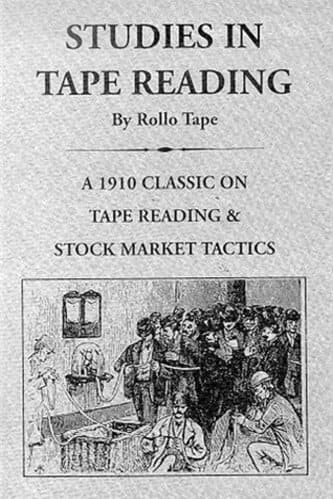

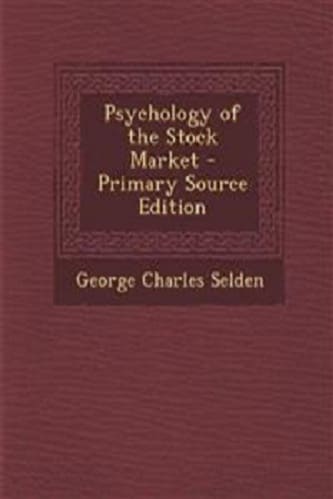
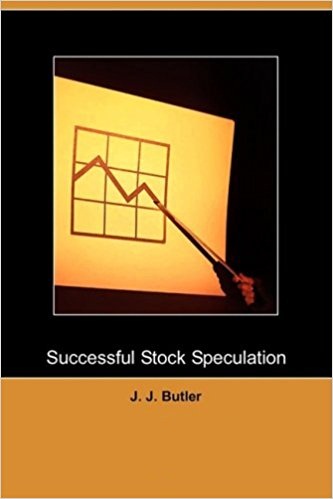

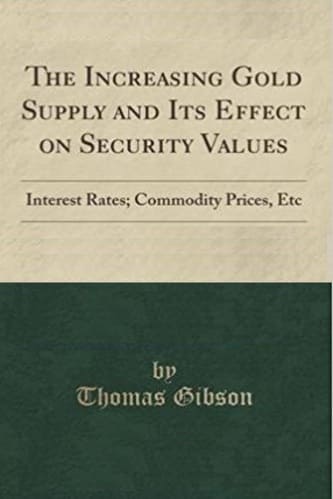
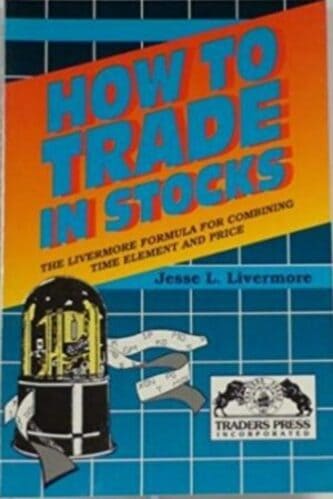

Hayley Daugherty (verified owner) –
The book was okay. However, I thought the author threw in too much unnecessary information in order to keep the book from only being 30 pages long! For instance, do we really need a rehashing of the history of value investing? Also, there are lots and lots of charts, which I think is overkill.
Other than that, the book is fine!
Laurel Morrow (verified owner) –
For many years Geraldine Weiss has published a newsletter that identifies stocks trading in the upper range of their historic dividend yields. This method succesfully identifies undervalued stocks.
Tengler took this a step further, comparing stocks’ dividend yields to their historic relationship to the yield of the market as a whole. Like Weiss’ less sophisticated technique, stocks selected in such manner will, on average, outperform the market. She then goes on to ask and answer the question of how to apply a similar technique to stocks with little or no history of dividend payments. (Hence the “New Era” of the title). The answer is to employ the Relative Price to Sales Ratio.
It is easy enough to obtain price-to-sales ratios for individual stocks, which are routinely published in a number of sources. With a little work, an individual investor can then compare a PSR to the PSR of the market as a whole, obtaining the RPSR. But actual application of this technique requires that you obtain the entire range of RPSRs going back years, i.e. “construct the RPSR charts for each company.” (p.48). How is this done? The very next sentence tells the tale, in parentheses: “(This information is generally only available to institutional investors through services such as Compustat).”
Oh.
I feel much as I would had I bought some software through a mass market outlet only to find it runs only on an esoteric operating system used by the Department of Defense.
I won’t deny that the ancillary criteria used to winnow the complete universe of low RPSR stocks is of some value (hence the two stars instead of one), but that is like saying you bought a dictionary because you like the way it covers “X”, “Y” and “Z”.
“New Era Value Investing” is essentially marketing material aimed at convincing trustees for institutional funds to place those funds under Tengler’s management. If you are not responsible for investing millions of dollars of other people’s money, save your own and look for something better.
Atreus Dillon (verified owner) –
Don’t buy this book if you do not have access to historical monthly price-to-sales ratios. The author even admits about half-way through the book that non-institutional investors may not have access to this information. I searched all over the web looking for it and was not able to find it. The closest I could get was Ben Stein and Phil DeMuth’s website. And that is a quarterly, not monthly, ratio.
The checklist in the book as helpful, but if you really want to use the author’s methods, you must have access to historical monthly price-to-sales ratios.
Kyree Huffman (verified owner) –
Ms. Tengler has accomplished a feat that Graham and Dodd and other widely referenced deans of funadamental analysis have attempted to do for decades–making the art of analysis easily understood and interesting. Ms.Tengler, widely recognized media expert on the markets, has translated this difficult topic into very simple prose that even a lay investor can understand. At the same time, she provides enough additional valuable insight and explanations that market professionals would serve themselves well to read.
There is no question that this book will seve as a standard for the industry. It is highly recommended. The insight and information Ms. Tengler supplies serve as a foundation any market follower needs to become a savvy investor.